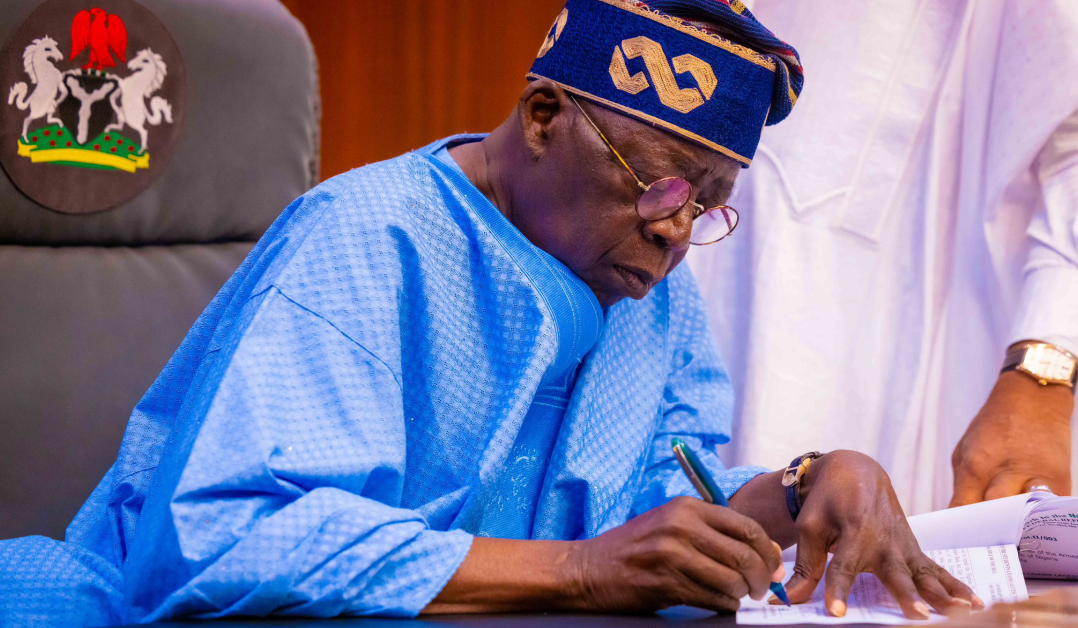President Bola Tinubu has signed a new Executive Order aimed at cutting the high costs of oil and gas projects in Nigeria, improving government revenue and attracting more investment into the country’s energy sector.
According to a statement from the Office of the Special Adviser to the President on Energy, the directive called the Upstream Petroleum Operations Cost Efficiency Incentives Order (2025) introduces new rules that reward oil companies that operate efficiently and keep costs low.
One key part of the order is a limit on tax credits. Oil companies will now only be allowed to claim up to 20% of their annual tax bills, ensuring that public revenue is protected while still encouraging responsible operations. The order takes effect from April 30, 2025.
The government says this move is necessary because operating costs in Nigeria’s oil and gas sector are much higher than the global average. These high costs are often due to delays in project execution and strict local content requirements. The order aims to reduce these costs, shorten project timelines and improve overall transparency.
To support the changes, the Nigerian Upstream Petroleum Regulatory Commission will publish yearly cost benchmarks for oil operations on land, shallow waters and deep offshore areas. The commission will also assess oil companies’ performance each year to see if they are meeting cost-saving targets.
President Tinubu said the reform is not just about reducing costs but about making Nigeria’s oil and gas sector more competitive and beneficial to the economy. He added that the goal is to create jobs, attract investment and make better use of the country’s oil resources.
The Special Adviser on Energy, Olu Verheijen, said the order links tax incentives directly to cost-saving results and aligns Nigeria’s upstream oil reforms with global standards. She described the move as a major step in strengthening investor confidence and ensuring better value for Nigerians.

